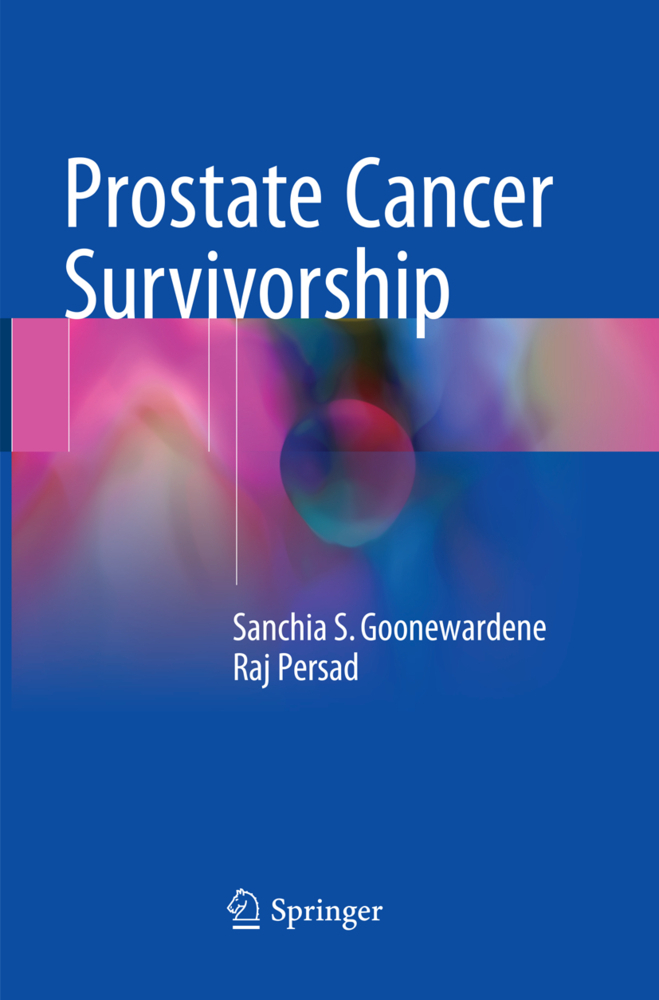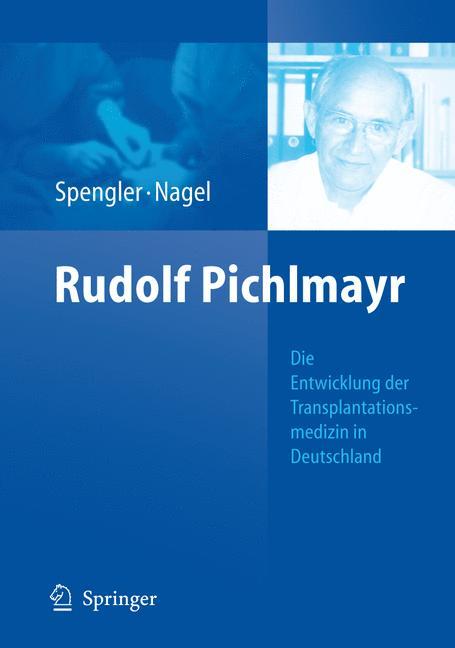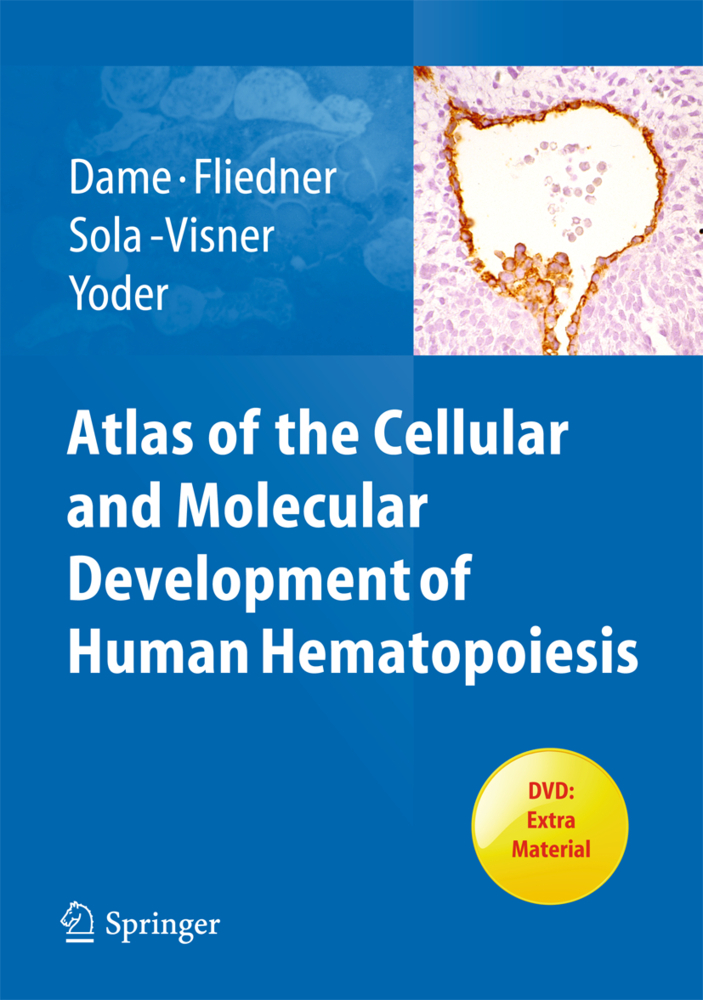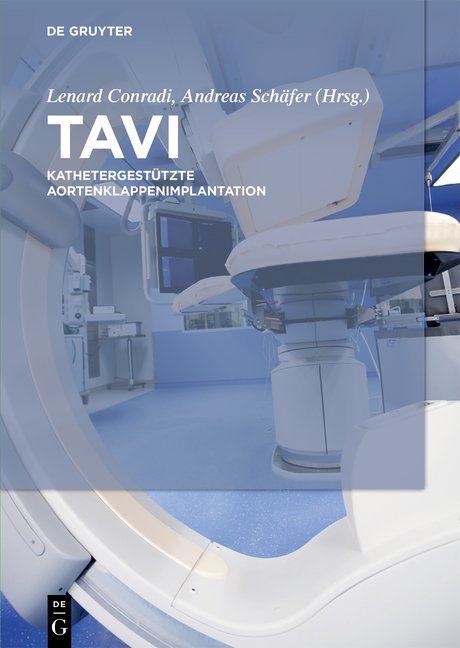Prostate Cancer Survivorship
Prostate Cancer Survivorship
This book provides information on a range of issues related to prostate cancer survivorship, including; psychosexual care, health related quality of life, treatment, follow-up care, new psychosexual pathways, and acute and chronic co-morbidities. The book also covers the needs and challenges in survivorship care, the requirements of care, the future of survivorship care, and role of patient conferences.
This book aims to give oncologists, urologists, and specialist nurses help in how to manage patients in the prostate cancer survivorship phase. This guidance is based on real life experiences handling prostate cancer survivorship, and is developed further through utilising the views of both health care professionals and patients.
1. Acknowledgements
2. Introduction3. Prostate cancer
4. Cancer survivorship
5. Prostate cancer and radical treatment
6. Definition of Psychosexual care and importance post-surgery for prostate cancer. 7.Barriers to psychosexual care
8. Impact of Psychosexual care on patient health related quality of life (QOL)
9. Importance of addressing psychosexual concerns
10. Pharmacological and non-pharmacological treatment for improved sexual function
11. Post treatment monitoring for recurrence - the 'usual pathway
12. Current follow-up care pathway vs. a new 'psychosexual' pathway
13. Current prostate cancer survivorship care pathways
14. Impact of Acute and chronic co-morbidities on psychosexual concerns
15. Barriers to psychosexual care- the 'psycho-social' part
16. Assessment of psychosexual concerns, health related quality of life and acute and chronic co-morbidities in patients post-surgery for prostate cancer
17. Psychosexual interventions
18. Needs, challenges and UK survivorship initiative and solutions
19. Needs and challenges in survivorship care
20. Systematic review - Requirement for care
21 Systematic review - search strategy
22. Systematic Review - eligibility and types of studies to be included
23. Systematic review- identifying studies, data extraction and quality assessment of studies
24. Systematic review - characteristics of studies
25. Statement of main findings
26. Quality assessment of studies - systematic review
27. Did the studies address clearly focused issues?
28. Recruitment of cohorts
29. Tools used in assessment
30. Confounding factors and alteration of study design for studies in systematic review
31. Unmet needs and psychosexual concerns
32. Medical components of psychosexual pathways- medications and erectile devices
33. Medical components of psychosexual pathways- intracavernosal injection therapy and penile prostheses
34. Requirement for psychosexual pathways
35. Communication and support
36. Psychosexual concerns and time since procedure
37. Patient age, co-morbidities and psychosexual concerns
38. Psychosexual impairment, degree of surgery and erectile aids
39. Psychosexual care and quality of life
40. Psychosexual care and Integration back into society
41. Strengths and limitations- systematic review
42. Findings in relation to other psychosexual studies and trends in literature - systematic review
43. Current systematic reviews relating to systematic review
44. Psychosexual care and unmet need, Requirements for a psychosexual pathway and components of pathways
45. Psychosexual care and role of couple
46. Interventions on psychosexual concerns
47. Statement of main findings and specific areas of unmet needs arising from systematic review
48. Systematic review - conclusion
49. Follow-up pathway structures
50. Research methods in survivorship
51. Patient focus group results
52. Healthcare professional focus group results
53. Generation of themes
54. Survivorship care an unmet need
55. A new model of care
56. Areas to address in psychosexual care and survivorship
57. The future for survivorship care
58. Impact of psychosexual care on uro oncology
59. Impact of acute and chronic co-morbidities on survivorship
60. Assessment of psychosexual concerns, health related quality of life and acute and chronic co-morbidities in patients post-surgery for prostate cancer
61. Psychosexual interventions in survivorship care
62. Psychosexual care - the literature
63. Current NHS care
64. Unmet needs
65. The Worcestershire Prostate cancer database
66. The Prostate Cancer Survivorship care assessment tool
67. Role of patient conferences in current care
68. Prostate cancer survivorship- a systematic review
69. Medical requirements in survivorship
70. Sexual impairment in survivorship
71. Work related symptoms and support
72. Diet and exercise
73. Survivorship Inerventions
74.Development of survivorship interventions
75. Survivorship studies, methods of follow-up
76. Survivorship needs
77. Lack of care
78. Exercise and nutrition
79. Communication and families
80. Areas of care to be developed
81. Mixed methods research
82. Symptom control in survivorship care
83. Ongoing health needs
84. Medical requirements in survivorship
85. Work related symptoms
86. Medical care and communication
87. Psychosexual impairment and adjuvant therapy
88. Psychosexual care- what the literature says
89. Systematic review- diet and exercise therapy
90. UK diet and exercise studies
91. Medical requirements in survivorship
92. Diet and exercise- is it important?
93. Diet and exercise interventions
94. Patient diet and exercise needs.
Goonewardene, Sanchia S.
Persad, Raj
| ISBN | 978-3-030-09738-7 |
|---|---|
| Artikelnummer | 9783030097387 |
| Medientyp | Buch |
| Auflage | Softcover reprint of the original 1st ed. 2018 |
| Copyrightjahr | 2018 |
| Verlag | Springer, Berlin |
| Umfang | XXIII, 369 Seiten |
| Abbildungen | XXIII, 369 p. 26 illus. in color. |
| Sprache | Englisch |





